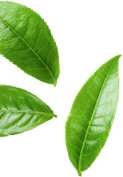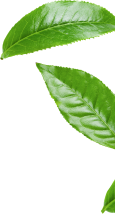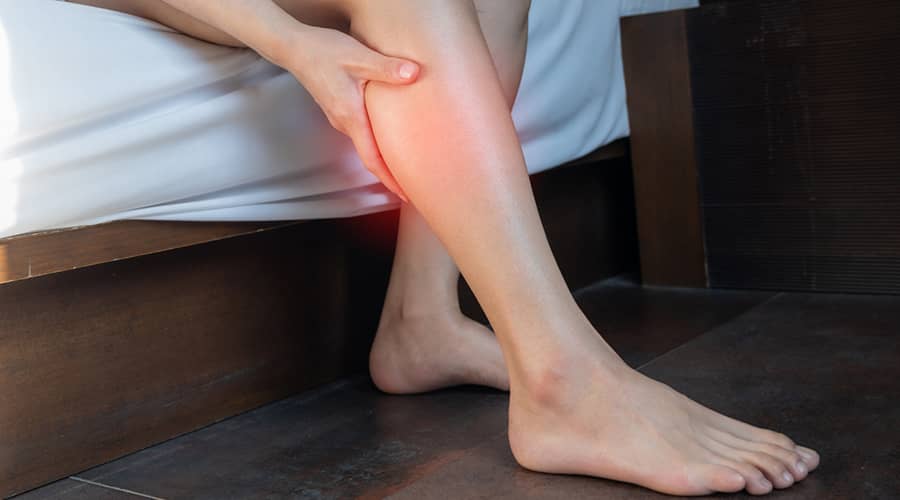



Varicose veins are a vascular problem that primarily affects the lower limbs.
The reason why the legs get tired in varicose veins is that when varicose veins develop, the valves inside the veins do not function properly. Normally, these valves prevent blood from flowing backward in the veins. When these valves weaken or become damaged, blood begins to pool in the veins and cannot properly return to the heart.
This blood pooling increases pressure on the walls of the veins, causing sensations of heavy legs, pain, and fatigue. Due to insufficient circulation, oxygen and nutrient supply also decrease, so the legs tire more quickly—especially during standing or sitting for long periods, which places extra strain on the legs because gravity makes it even harder for the blood to flow back to the heart. The muscles have to work harder to move the stagnant blood, which leads to rapid fatigue. The poor circulation also causes oxygen and nutrient shortages in the muscles, further increasing the feeling of tiredness.
The Causes of Varicose Veins
Several factors can cause varicose veins, but the most common include:
What Varicose Veins Cause
Varicose veins are not just an aesthetic issue—they can also lead to serious health problems:
What You Can Do Against Varicose Veins
There are several methods to prevent or ease varicose veins:
Why Using Herbal Creams Helps in Varicose Veins
Herbal creams can help alleviate symptoms caused by varicose veins in several ways:
Effects Achieved with Herbal Creams
Regular use of herbal creams can reduce symptoms caused by varicose veins, such as leg fatigue, heavy legs, and swelling. Circulation improves in affected areas, inflammation and pain decrease. These creams generally provide a cooling and refreshing sensation, offering quick relief. Vessel walls may strengthen, and skin becomes more hydrated.
Thus, herbal creams for varicose veins not only relieve symptoms but also contribute to long-term vein health and improved venous circulation.
One such product is the Varikoflex Extra balm made by HillVital. This natural varicose vein cream contains high concentrations of 19 herbs that quickly absorb to help care for varicose vein complaints. The Varikoflex Extra varicose vein balm can be purchased here.
In summary, understanding why the legs get tired in varicose veins helps to better manage and treat the condition. Proper care, movement, nutrition, and herbal creams can all play important roles in alleviating symptoms and improving quality of life.


HillVital balms are your reliable support for an active life, crafted from natural ingredients!